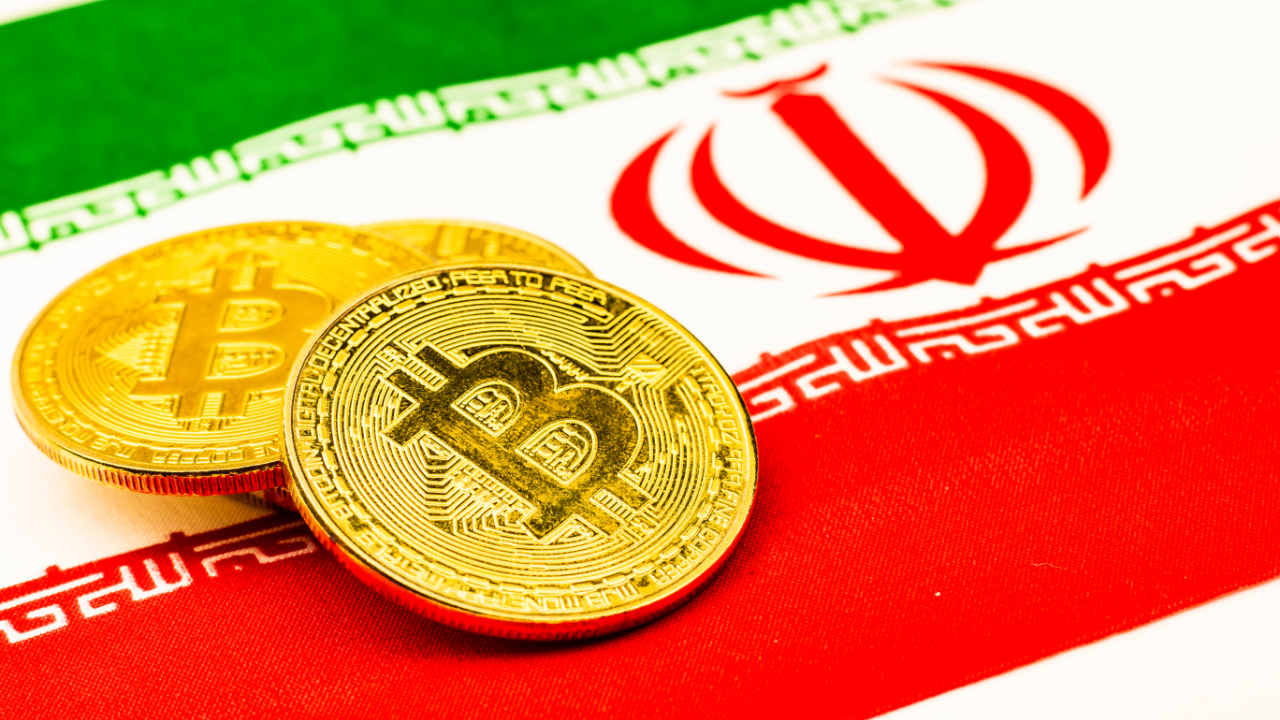Recently, several nations, including Iran, Venezuela, and El Salvador, have encountered prolonged and challenging periods marked by significant inflationary pressures and escalating living expenses. In various countries, individuals increasingly embrace cryptocurrencies as a medium of transaction and a method of preserving wealth.
According to confident analysts, there is speculation that in the future, digital currencies such as bitcoin might potentially replace government-issued currencies like the Bolívar or the Rial, which have been facing significant challenges. The following analysis will explore several plausible factors contributing to these notable changes.
Venezuela
Before gaining mainstream investors’ attention, bitcoin had already piqued the interest of individuals in Venezuela, becoming the most prominent cryptocurrency globally. In 2003, capital controls were introduced by Venezuela, while the implementation of U.S. sanctions has significantly impacted the country’s economy. Due to the prolonged presence of hyperinflation in the Venezuelan economy, many individuals in Venezuela have resorted to utilizing Bitcoin and various other cryptocurrencies to preserve their wealth.
The exact number of individuals in Venezuela who have utilized cryptocurrencies remains uncertain. However, according to a report by Cointelegraph in 2018, it was noted that the country had already witnessed the emergence of a considerable number of Bitcoin enthusiasts as early as October 2014. In recent years, there has been a surge in interest surrounding the acceptance of digital currencies like Bitcoin and Dash by popular chain restaurants such as Burger King and Pizza Hut.
The Venezuelan government has recently shown interest in capitalizing on the potential of cryptocurrencies. According to a report by Cointelegraph in April 2021, the Venezuelan government has reportedly introduced a state-operated mining pool and a government-owned mining farm. This development comes after the national Petro cryptocurrency struggled to gain widespread acceptance.
Iran
In Venezuela, the prevailing economic conditions, including high inflation rates, strict capital controls, and a growing privacy concern, have prompted investors to turn their attention toward Bitcoin as an alternative investment option. Like many other countries, Iran has witnessed a significant inflation rate surge affecting its domestic currency. In 2020, the nation experienced a notable inflation rate of 35%. However, the inflation rate in Venezuela is significantly higher than that.
In Iran, there has been a surge of interest in cryptocurrency, which could be attributed to various factors, including government involvement. In a significant development, the government has revealed its intention to introduce a state-operated digital currency following a sharp surge in inflation, which witnessed a more than twofold increase within a brief timeframe.
In a significant development, investors in Iran have actively engaged in the cryptocurrency market, demonstrating their strong interest. President Rouhani has emphasized the need for the government to establish a comprehensive legal framework to regulate this burgeoning sector. This call for action was made in June 2021, highlighting the importance of creating a structured framework to govern cryptocurrency activities in Iran.
Recently, the Iranian government has expressed concerns regarding the energy consumption of Bitcoin mining. As a result, they have implemented a temporary four-month ban on mining activities within the country. This move reflects the government’s cautious approach towards the environmental impact of cryptocurrency mining.
El Salvador
El Salvador, a recent entrant in the cryptocurrency realm, has garnered attention as its lawmakers have successfully passed legislation endorsing Bitcoin as an official form of legal tender. In contrast to most Latin American nations, El Salvador lacks its currency and instead utilizes the United States dollar as its primary medium of exchange.
In a significant move towards achieving economic autonomy, El Salvador has recently embraced Bitcoin as an official form of legal tender. This decision aims to reduce the country’s reliance on the United States and pave the way for greater financial independence.
In an official statement, President Nayib Bukele highlighted the potential benefits of incorporating bitcoin payments to facilitate remittances for Salvadorans residing overseas.
Salvadoran expatriates, on average, contribute a significant amount of approximately $700 million per month to their home country through remittances. These transactions involve the payment of considerable wire transfer fees.
Bitcoin, being devoid of any international transfer fees, is widely regarded by proponents as an ideal option for conducting overseas transfers. To promote the widespread adoption of Bitcoin, the government of El Salvador has collaborated with multiple wallets and ATM providers to establish the essential infrastructure required for seamless transactions.
Conclusion
Numerous nations have witnessed a surge in the adoption of cryptocurrencies due to currency crises within their respective regions. Amidst the economic challenges faced by various countries, including those mentioned, there has been a noticeable surge in the adoption of Bitcoin.
This trend has sparked discussions about the potential for the digital currency to establish a global presence. It is important to note that each of these nations possesses distinct circumstances. However, for specific individuals residing in countries facing significant challenges, the digital currency has emerged as a means to circumvent domestic economic difficulties.


